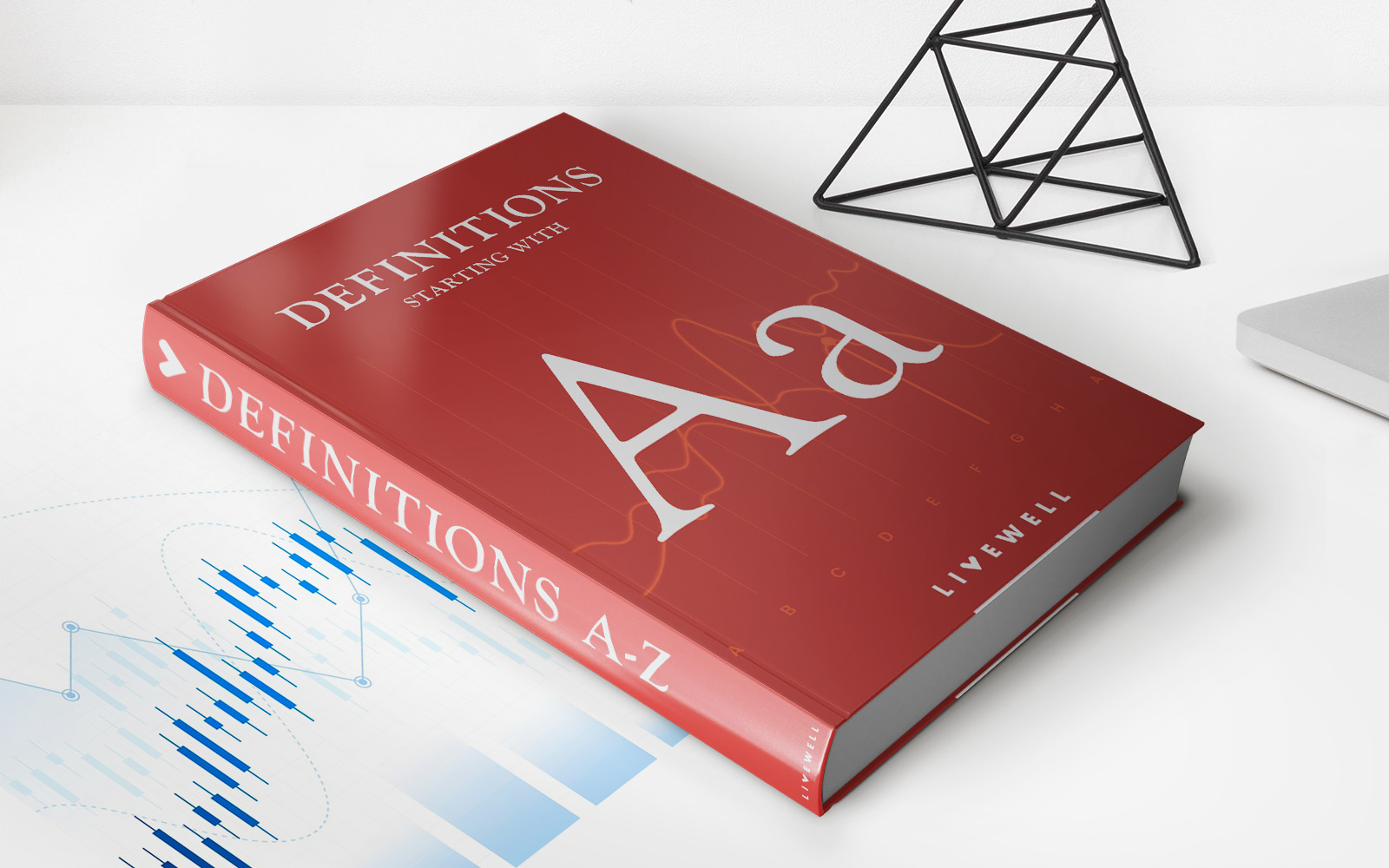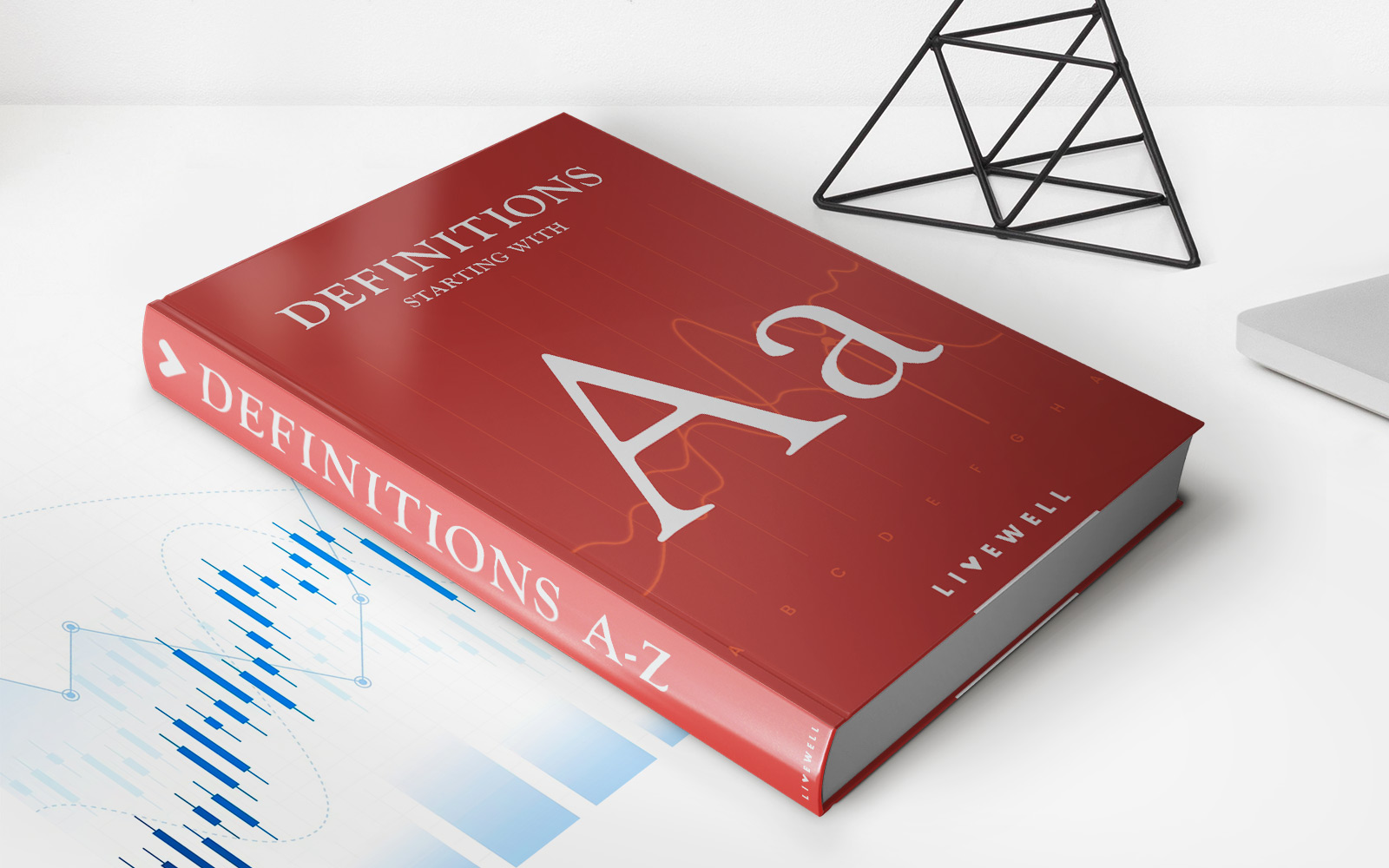

Finance
Basis: Definition And Examples In Finance
Published: October 14, 2023
Discover the meaning and examples of finance in this comprehensive guide. Learn how finance impacts businesses and individuals alike.
(Many of the links in this article redirect to a specific reviewed product. Your purchase of these products through affiliate links helps to generate commission for LiveWell, at no extra cost. Learn more)
The Basis: A Critical Concept in Finance Explained
When it comes to understanding the intricacies of the financial world, there are a myriad of terms and concepts that may seem overwhelming at first glance. One such concept that is fundamental to grasp is the basis. In this blog post, we will break down the basis definition in finance and provide you with examples to enhance your knowledge in this crucial area.
Key Takeaways:
- The basis refers to the difference between the spot price and the futures price of a particular financial instrument.
- It is influenced by factors such as supply and demand dynamics, interest rates, and market expectations.
Understanding the Basis
The basis in finance can be described as the difference between the spot price and the futures price of a financial instrument, such as a commodity, security, or currency. The spot price refers to the current market price of the asset, while the futures price represents the anticipated price at a specified future date.
To put it simply, the basis indicates whether the futures price is trading at a premium or a discount compared to the spot price. If the futures price is higher than the spot price, it is said to have a positive basis, indicating a premium. Conversely, if the futures price is lower than the spot price, the basis is negative, signifying a discount.
Now that we have a basic understanding of what the basis entails, let’s dive into some real-life examples to further illustrate its significance:
Example 1: Commodity Futures
Imagine you are a farmer who grows wheat, and you want to lock in a price for your harvest to protect against potential price declines. You enter into a futures contract to sell your wheat at a future date. If the agreed futures price is higher than the current spot price of wheat, you would have a positive basis, enabling you to secure a premium for your crop.
On the other hand, if the futures price is lower than the spot price, you would have a negative basis. This could indicate that the market expects an oversupply of wheat in the future, leading to a decrease in its value. By understanding the basis, you can make informed decisions regarding when to enter or exit futures contracts.
Example 2: Bond Futures
Let’s consider the bond market. Suppose a bond with a face value of $1,000 is currently trading in the spot market at $950. If the futures price for the same bond is $960, there would be a positive basis of $10 ($960 – $950). This suggests that the market expects the bond’s value to increase by the delivery date of the futures contract.
Conversely, if the futures price for the bond is $940, there would be a negative basis of $10 ($940 – $950). This implies that the market expects a decrease in the bond’s value by the delivery date. Understanding the basis helps investors gauge market sentiment and potentially exploit opportunities for profit.
In Conclusion
The basis is a key concept in finance, and having a solid understanding of its definition and examples is crucial for anyone navigating the financial landscape. Remember the two key takeaways:
- The basis denotes the difference between the spot price and the futures price of a financial instrument.
- Factors such as supply and demand dynamics, interest rates, and market expectations influence the basis.
By comprehending how the basis works, you can make informed decisions regarding trading strategies, risk management, and hedging techniques. Armed with this knowledge, you are well-equipped to navigate the ever-evolving world of finance with confidence.














